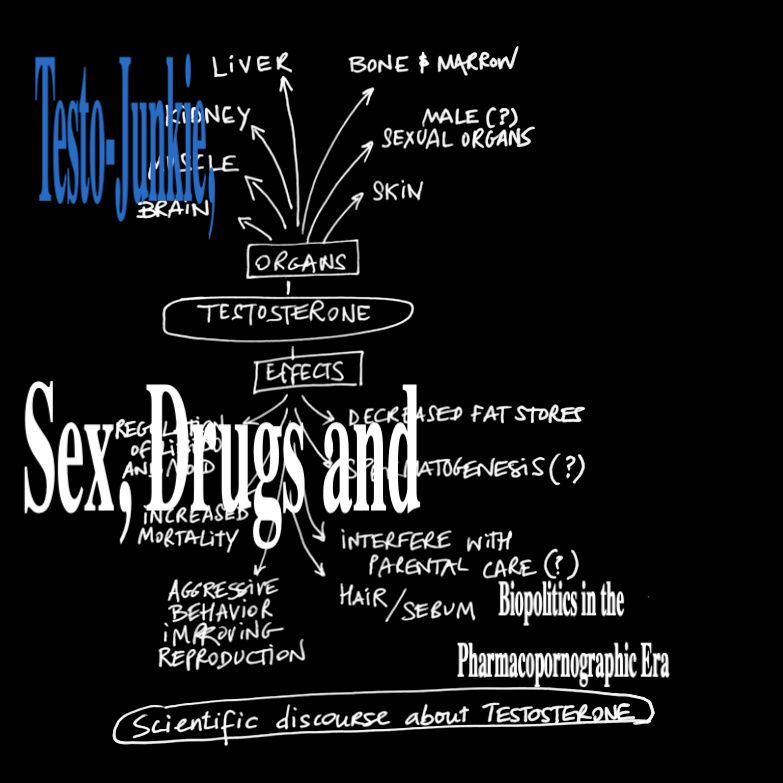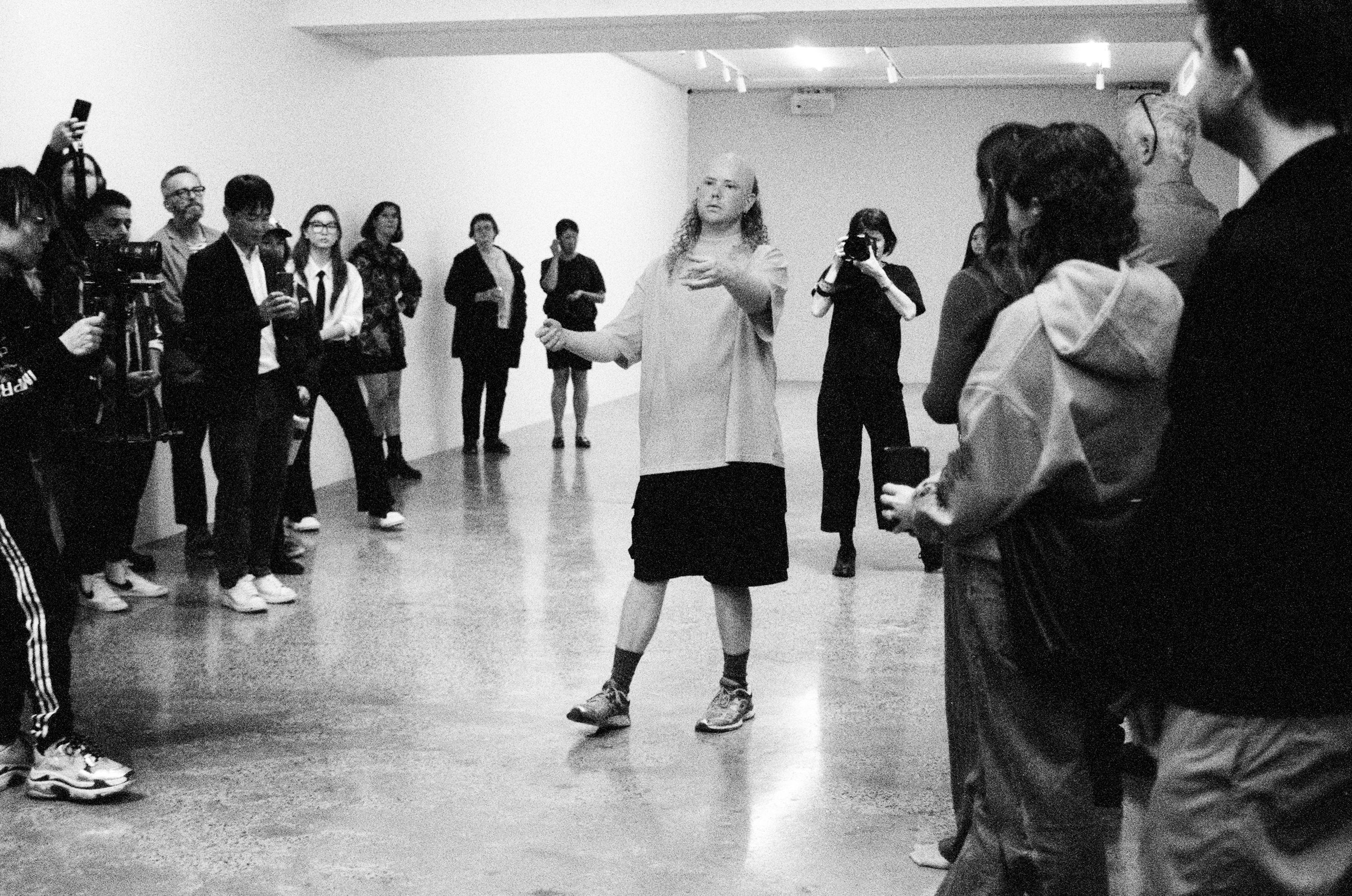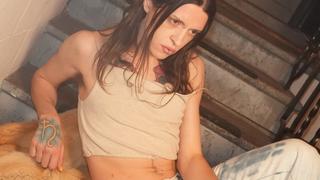

Queer Theory Reading Group
6 Feb 2025–17 Dec 2026
Get ready for a year of thought-provoking discussions, where queer theory meets creativity, poetry, and community!
This monthly gathering is your go-to space for big ideas, lively conversations, and connection with like-minded thinkers. See below for the schedule.
Originally founded at RMIT University in 2018, the Queer Theory Reading Group quickly became a hit, drawing in an enthusiastic crowd of creative and curious minds. Now, with over 100 people on our mailing list, it’s become a platform to celebrate excellence in LGBTIQA+ thinking and research while fostering a vibrant queer academic community, outside of universities.
Here’s what makes our sessions special...
New Host Every Month: Dive into readings that have inspired, provoked, or transformed their thinking.
No Homework: Readings are done together during the session, so discussions are fresh, responsive, and engaging.
Inclusive Atmosphere: Everyone is welcome to join, and Blindside Gallery is a fully accessible venue.
Zoë facilitates each session, framing the conversation, introducing the host, and keeping the vibe fun and thought-provoking. Whether you’re an academic, artist, or just curious, we’d love to have you join us!
When: Monthly sessions on Thursdays from 6.30 - 8pm throughout 2025.
Where: Blindside Gallery.
If you have any questions or specific needs, don’t hesitate to email Zoë at hello@zoebastin.com
Come along, bring your ideas, and let’s keep queer theoretical discourse alive!
Upcoming Sessions
Thursday 20th November - BOOK HERE
QUEER THEORY READING GROUP — SESSION 7!
Jean Genet & the Politics of Refusal
Prisoner of Love (1986)
With Mitch Jones
Join us for our next Queer Theory Reading Group session with artist and author Mitch Jones, exploring the radical philosophy and poetic resistance of Jean Genet. Genet’s writing gives sublime expression to a life lived in defiance — embracing contradiction, desire, and refusal. His work moves between love and rage, tenderness and rebellion, written from the edges of society as both political manifesto and meditation on queer survival.
As Mitch writes:
“This book was literally handed to me through the bars of a prison cell, and it captured something of the danger I felt in my own suburban queerness and punk misbehaviour. Genet — the orphan, criminal and ardent fan of betrayal — was the underdog who lusted after the problematic figures of petty Parisian thieves and violent men. This makes him an irresistible figure of critique and discussion.”
Through a co-reading of Genet’s work, Mitch invites us to explode binaries and confront the contradictions of queer desire and political allegiance. Why do we lust after the things we know are bad for us? What does it mean to be drawn to oppositional thinking purely because it is oppositional? Together we’ll navigate the complexities of refusal, resistance, and the politics of desire.
About the Facilitator
Mitch Jones is a queer punk-carny, artist and author living in Naarm. A desire to disrupt power systems and an innate sense of adventure and mischief has led him to develop a shapeshifting advocacy career where he operates in both back alleyways and boardrooms. Somewhere in between the muck and the mercantile, he keeps looking for the thread to pull that will make it all unravel. He has approximately 70+ tattoos and a cat called Sinbad.
* Thurs 11 December 6:30-8:00pm - BOOK HERE
Previous Session - Thursday 17th July
(ONLINE ONLY)
'Testo-Junkie Sex, Drugs and Biopolitics in the Pharmacopornographic Era' with Jo Bragg
Join us for our next session with Jo Bragg, who has selected key excerpts from Paul B. Preciado’s groundbreaking work Testo Junkie. Blending philosophy, auto-theory, and poetry, Preciado’s writing explores the lived experience of taking testosterone outside of formal medical frameworks. The selected passages navigate the intersections of self-determination, transmasculinity, and the body under capitalism—revealing how hormones, pornography, and power collide in what Preciado terms the “pharmacopornographic era.”
Together, we’ll read and discuss the poetic and political implications of gender transition, bio-surveillance, and the radical potential of reclaiming one’s body as a site of resistance and transformation.
Jo Bragg is a Tāmaki Makaurau/Auckland-based visual artist, poet, writer, and gender theorist. Their work is grounded in critical social and queer art theory, with a practice spanning research, publication, and exhibition across Aotearoa and Australia.

Previous Session - Thursday 12th June
'The Terrible We' with
Archie Barry
If you're trans maybe you’re a bit mad? Or at the very least you have some faith in unseen phenomena and don’t believe in/want the path of subjectivity that’s been assigned to you. We’ve been aligned with a medical and pathologising history of being too mental.
In his book, The Terrible We, Cameron Awkward-Rich writes about how trans movements have disavowed mad and disabled people to try and gain respectability (a similar tactic seen in gay liberation distancing itself from gender digressive people).
Come contribute to a conversation about the entanglements between transness, madness, and disability - and how we might join up in coalition!
Archie Barry is a visual artist who is interested in what happens when we feel out of our bodies or out of our minds, and the methods (chosen and coercive) that take us there.

Image Credit: Amy May Stuart
Previous Session - Thursday 10th April
Pulling apart 'Sexual Aberrations' with
Alexander Powers
In 1905, Freud presented a theory of sexuality and gender that remains radical by today’s standards. We’ll explore how he was able to do this and discuss the potential relevance of his ideas in understanding our own experiences of sex and love.
Alexander Powers aka Female Wizard is a DJ, musician, and performance maker based in Melbourne/Naarm.

Previous Session - Thursday 13th March
Rituals for Uneasy Species #2: Lichen
This ritual is a collaboration with the Fruiting Bodies Collective, Fruiting Bodies is a queer ecology collective which seeks to productively nurture and incomplete each others’ creative practices, finding resonances between ideas and ways of working, and collectively moving together with shared concerns and enthusiasms.
We will read and discuss the text “Queer Theory for Lichens” by David Griffiths, and discuss aspects of the Fruiting Bodies Collective artists’ practices in relation to the text. This will be followed by a dusk lichen hunt in the city.

Previous Session - Thursday 6th February
We’ll be using segments from Foucault’s Discipline and Punish to explore the arrest of Luigi Mangione and TikTok ‘GRWM’ videos with Spyke.
Spyke studied an undergraduate degree with Honours in Gender Studies and a Master’s in Social Work. She currently plays in a punk band, where she yells at paying audiences about her political woes, and works in Family Violence.

UPCOMING DATES FOR READING GROUP.
July 3 - Guest To Be Announced.
August 14 - Guest To Be Announced.
September 4 - Guest To Be Announced.
November 6 - Guest To Be Announced.
December 4 - Guest To Be Announced.


The Queer Theory Reading Group is back with all your gay theoretical and philosophical ideas. Hosted by Zoë Bastin at Blindside Gallery once a month for 2025.
Get ready for a year of thought-provoking discussions, where queer theory meets creativity, poetry, and community! This monthly gathering is your go-to space for big ideas, lively conversations, and connection with like-minded thinkers.
This program takes place on the land of the Wurundjeri people of the Kulin Nation. We recognise that sovereignty was never ceded - this land is stolen land. We pay respects to Wurundjeri Elders, past, present and emerging, to the Elders from other communities and to any other Aboriginal or Torres Strait Islanders who might encounter or participate in the program.
Zoë Bastin is a choreographer, performer, researcher, and educator with a practice deeply rooted in the expressive and critical dimensions of contemporary dance. Known for her dynamic and experimental approach to movement, Zoë's work explores the intersections of gender, sexuality, and cultural influence, creating performances that challenge conventional expectations and encourage audience engagement beyond passive spectatorship. As the first queer woman to serve as artistic director of a contemporary dance company in Australia, Zoë continues to shape and contribute to Naarm/Melbourne’s vibrant dance community.
Completing her PhD at RMIT University in 2021, Zoë’s research examined the philosophy of the body through a queer-feminist lens, engaging with critical theory and phenomenology to challenge and expand representations of bodies in dance. Her creative works and academic inquiries often intersect, leading to performances that are both conceptually rigorous and viscerally affecting. In her performance That Which Was Once Familiar (TWWOF), Zoë explored how cultural norms inscribe gender and sexuality onto bodies, often objectifying them. Presented by Dancehouse and Bus Projects for Midsumma Festival, the work deconstructs femininity’s restrictions and reimagines queer autonomy on stage.
Over the past decade, Zoë’s work has been supported by leading cultural institutions such as Dancehouse, Abbotsford Convent, Villa Lena Art Foundation (Italy), and ImPulstanz Festival (Austria) and has been presented both in Australia and Internationally. Recently, her project Waves Are Disturbances explores social histories tied to oceanic environments, translating these narratives into immersive site-responsive performances. With a growing portfolio of cross-disciplinary collaborations, including a long term partnership with composer Grace Ferguson, Zoë continues to push the boundaries of contemporary dance by weaving together choreography, sculpture, and performance art in innovative ways.
Zoë’s dedication to mentorship and education has led her to academic roles at Deakin University, where she teaches interdisciplinary subjects bridging fine arts and performance. She also actively contributes to the governance and strategic direction of arts organisations, advocating for inclusive, research-driven, and socially aware artistic practices that enrich both audiences and the broader community.

